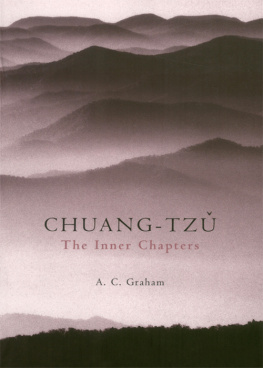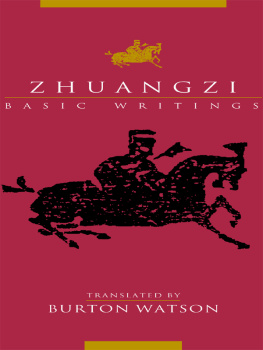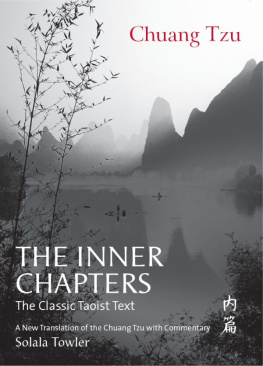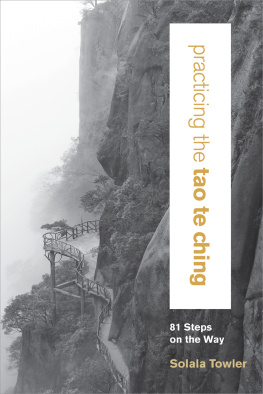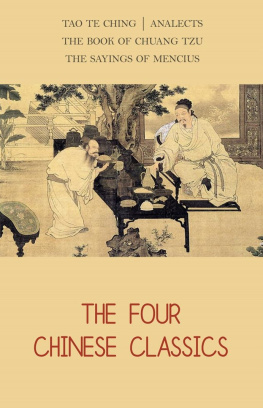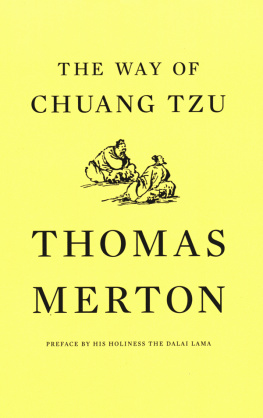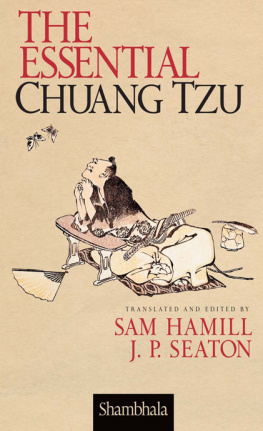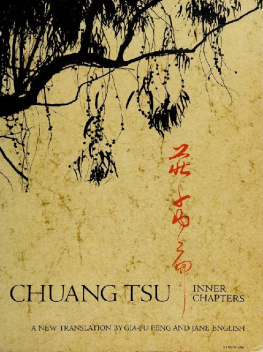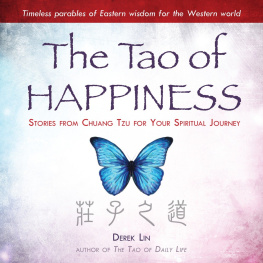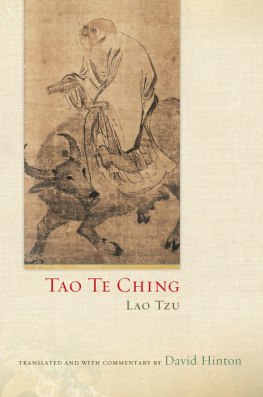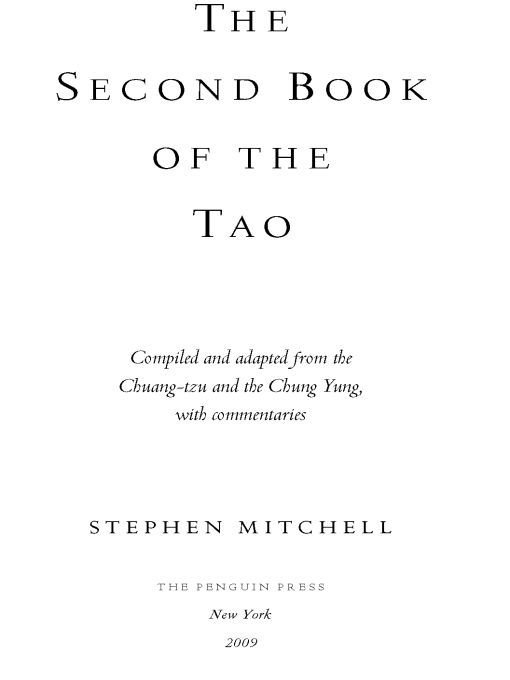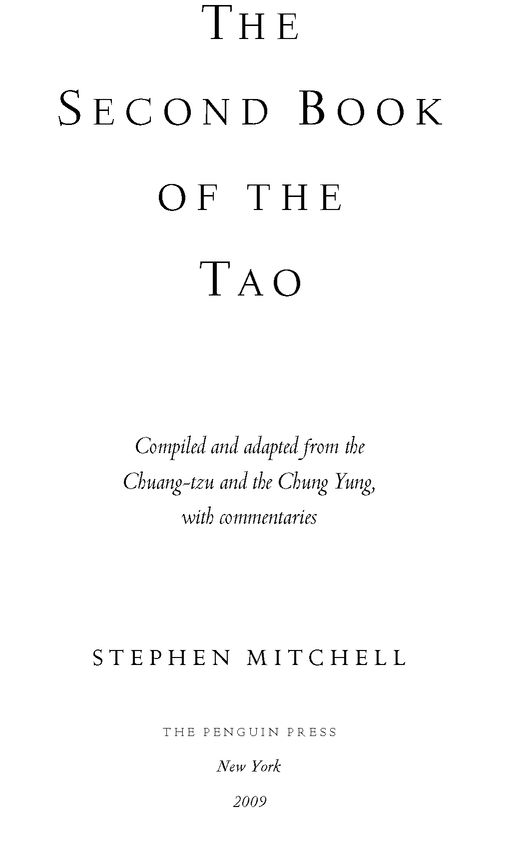Table of Contents
BY STEPHEN MITCHELL
POETRY
Parables and Portraits
FICTION
The Frog Prince
Meetings with the Archangel
NONFICTION
A Thousand Names for Joy (with Byron Katie)
Loving What Is (with Byron Katie)
The Gospel According to Jesus
TRANSLATIONS AND ADAPTATIONS
The Second Book of the Tao
Gilgamesh
Bhagavad Gita
Real Power: Business Lessons from the Tao Te Ching (with James A. Autry)
Full Woman, Fleshly Apple, Hot Moon: Selected Poems of Pablo Neruda
Genesis
Ahead of All Parting: The Selected Poetry and Prose of Rainer Maria Rilke
A Book of Psalms
The Selected Poetry of Dan Pagis
Tao Te Ching
The Book of Job
The Selected Poetry of Yehuda Amichai (with Chana Bloch)
The Sonnets to Orpheus
The Lay of the Love and Death of Cornet Christoph Rilke
Letters to a Young Poet
The Notebooks of Malte Laurids Brigge
The Selected Poetry of Rainer Maria Rilke
EDITED BY STEPHEN MITCHELL
Question Your Thinking, Change the World: Quotations from Byron Katie
The Essence of Wisdom: Words from the Masters to Illuminate the Spiritual Path
Bestiary: An Anthology of Poems about Animals
Song of Myself
Into the Garden: A Wedding Anthology (with Robert Hass)
The Enlightened Mind: An Anthology of Sacred Prose
The Enlightened Heart: An Anthology of Sacred Poetry
Dropping Ashes on the Buddha: The Teaching of Zen Master Seung Sahn
To Katie:
always
FOREWORD
A second book of the Tao? Theres no such thing! What did you dopull it out of your hat?
Well, yes, if hat is defined as the treasury of recorded wisdom that is our common birthright. In that treasury, there is nothing more precious than the wisdom of the ancient Chinese.
The selections in this book have been adapted from two Chinese anthologies that were probably compiled between 300 and 100 BCE: the Chuang-tzu, parts of which were written by the eponymous sage, Master Chuang (c. 369-c. 286 BCE), and the Chung Yung (The Central Harmony), which was ascribed to Confucius grandson, Tzu-ssu (c. 483-c. 402 BCE). I have anthologized these anthologies, picking from them the freshest, clearest, most profound passages. Facing each chapter there is a brief commentary, which is meant to clarify the text or to complement it. I have written these in the spirit of Chuang-tzu, for whom nothing, thank goodness, was sacred.
The first book of the Tao (written by the perhaps legendary Lao-tzu) is the Tao Te Ching, that marvel of lucidity and grace, the classic manual on the art of living. What I wanted to create here was a left to its right, a yang to its yin, a companion volume and anti-manual. The Chuang-tzu had the perfect material for that: deep, subtle, with an audacity that can make your hair stand on end. If Lao-tzu is a smile, Chuang-tzu is a belly-laugh. Hes the clown of the Absolute, the apotheosis of incredulity, Coyote among the bodhisattvas. And the Chung Yung provided a psychological and moral acuity of comparable depth.
Readers who are familiar with the Tao Te Ching but dont yet know the Chuang-tzu or the Chung Yungor who, having dipped into them, were discouraged by their unevennessare in for a treat. Naturally, since all three texts tell of the Tao that cant be told, there are passages in The Second Book of the Tao that overlap with the Tao Te Ching. But even these passages may strike you as revelations, as if some explorer had discovered a trove of unknown Lao-tzu scrolls buried in a desert cave. And there is much that will be entirely new: meditations on dreams, death, language, the I and the other, doing and not-doing, the origin of the universe, the absolute relativity of things.
In addition to these descriptions, we meet a cast of vivid characters, most of them humble artisans or servants, who show us what it means to be in harmony with the way things are: the monkey trainer who turns on a dime in his hilarious, compassionate diplomacy; Ting, Prince Wen-huis cook, whose one-pointedness elevates butchering to the level of the performing arts and beyond; Pien the wheelwright, willing to risk his life to teach a ferocious nobleman that what is most valuable cant be taught; Ching the woodworker, whose bell stand is so beautiful that people think a god must have made it; and Chi Hsing-tzu, trainer of champion gamecocks and virtuoso of patience. We also meet philosophers and fools: Lieh-tzu, who has an intimate chat with a skull; Hui-tzu, the epitome of logic and propriety, Chuang-tzus friend and rival, straight man and foil; the ludicrous Marquis of Lu, who shows that the Golden Rule can be mere projected egotism; and Master Yu, who, even when afflicted with a grotesque deformity, never loses his cheerful-ness and sense of gratitude. Finally there is Chuang-tzu himself. We meet him in a few delectable stories and dialogues, as he wakes up (maybe) from the dream of a butterfly, refuses the post of prime minister, celebrates the death of his beloved wife, or discusses the usefulness of the useless and the happiness of fish.
Chuang-tzu has been called a mystical anarchist, and its true that his words sometimes have a contrarian flavor that seems to put them at odds with Lao-tzus concern for enlightened government. Given the least semblance of control, Chuang-tzu offers a whole world of irreverence and subversion. But if you look more closely, youll see that he is neither a mystic nor an anarchist. Hes simply someone who doesnt linger in any mental construct about reality, someone who lives as effortless action and peace of heart, because he has freed himself from his own beliefs. What he subverts is conventional thinking, with its hierarchies of judgment, its fors and againsts, betters and worses, insides and outsides, and its delusion that life is random, unfair, and somehow not good enough. Learn how to govern your own mind, Chuang-tzu says, and the universe will govern itself. In this he is in wholehearted agreement with Lao-tzu and with the meticulous Tzu-ssu, for whom attention to the innermost self is the direct path to a just society.
One of the qualities I most treasure in Chuang-tzu is his sense of the spontaneous, the uncapturable. This makes it easy to follow in his footsteps. Since there are no footsteps, all you can follow is what he himself followed: the Tao. He had confidence that in being true to his own insight he was being true to his teacher Lao-tzu. There was nothing to say and no way to say it, yet it had to be said. As a Zen poet-descendant of his wrote more than a thousand years later,
The moon floats above the pine trees
as you sit on the veranda in the cool evening air.
Your fingertips move lightly along the flute.
The melody is so lovely that it makes the listeners weep.
But wisdoms flute has no holes
and its ancient clear music is beyond emotion.
Dont even try to play it
unless you can make the great sound of Lao-tzu.
What could be more useless than a flute with no holes? Yet, if you understand, you put it to your lips and the ancient clear music happens by itself. Had Chuang-tzu believed that there was anything to live up to, he would have been too intimidated even to try. There was nothing to live up to. There was only a passion for the genuine, a fascination with words, and a constant awareness that the ancient Masters are alive and well in the mind that doesnt know a thing.


